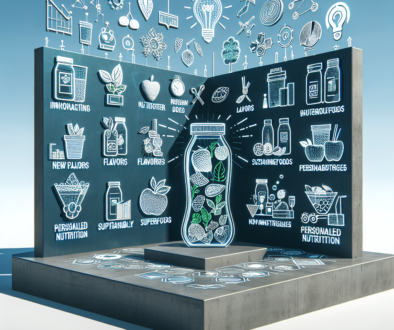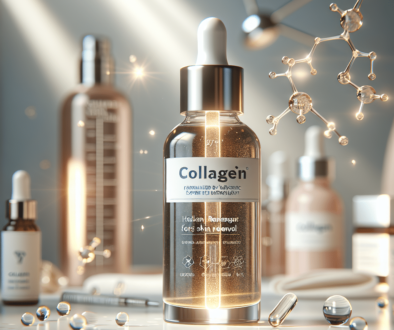Effects Of Grape Seed Proanthocyanidins On Skin Collagen Metabolism In Type ¢ò Diabetic Rats
Keywords
Grape Seed Proanthocyanidins, Type 2 Diabetes, Collagen Metabolism, Insulin-Like Growth Factor-1, Type ¢ó Collagen
Abstract
Objective: To observe the effect of grape seed proanthocyanidins (GSPE) on collagen metabolism in type 2 diabetic rats and further explore the possible mechanism of action. Methods: After feeding male SD rats with high-fat feed for 4 weeks, they were intraperitoneally injected with 0.01 mol/L streptozotocin (STZ, dose 30 mg/kg) to establish a type ¢ò diabetic rat model. After the model was established, they were randomly divided into diabetes mellitus (DM). ) control group and proanthocyanidin low-, medium-, and high-dose intervention groups; rats fed on basic feed were randomly divided into a normal control group and a proanthocyanidin control group. The dose of the proanthocyanidin control group was 250 mg/(kg¡¤d). The doses of proanthocyanidin low-, medium-, and high-dose intervention groups were 125, 250, and 500 mg/(kg¡¤d) respectively. After 12 weeks of continuous feeding, body weight, fasting blood glucose, skin sugar concentration and hydroxyproline content were measured; changes in skin structure and collagen fibers were observed under an optical microscope, and insulin-like growth factor-1 (IGF-1) in the footpads was observed using immunohistochemistry. 1) and the expression of type ¢ó collagen (Collagen ¢ó). Results: Compared with the DM control group, the fasting blood glucose levels of the GSPE intervention group decreased, but there was no significant difference (P£¾0.05); the GSPE high-dose group could significantly reduce the sugar content of skin tissue (P£¼0.001), and the GSPE intervention group All can significantly increase the skin hydroxyproline content (P<0.05); histologically, GSPE can inhibit the skin thinning of diabetic rats, and the GSPE high-dose intervention group can increase the expression of IGF-1 and type III collagen in the footpads. Conclusion: Grape seed proanthocyanidins can improve collagen metabolism in type ¢ò diabetic rats. For further information of this article and research, feel free to contact our team for asssitance. Original research was done by Ding Ye, Jing Lulu, Zhang Zhaofeng, Li Yong, Li Yujie, Li Xue, Cai Xiaxia, Bao Lei
About ETChem
ETChem, a reputable Chinese Collagen factory manufacturer and supplier, is renowned for producing, stocking, exporting, and delivering the highest quality collagens. They include marine collagen, fish collagen, bovine collagen, chicken collagen, type I collagen, type II collagen and type III collagen etc. Their offerings, characterized by a neutral taste, and instant solubility attributes, cater to a diverse range of industries. They serve nutraceutical, pharmaceutical, cosmeceutical, veterinary, as well as food and beverage finished product distributors, traders, and manufacturers across Europe, USA, Canada, Australia, Thailand, Japan, Korea, Brazil, and Chile, among others.
ETChem specialization includes exporting and delivering tailor-made collagen powder and finished collagen nutritional supplements. Their extensive product range covers sectors like Food and Beverage, Sports Nutrition, Weight Management, Dietary Supplements, Health and Wellness Products, ensuring comprehensive solutions to meet all your protein needs.
As a trusted company by leading global food and beverage brands and Fortune 500 companies, ETChem reinforces China’s reputation in the global arena. For more information or to sample their products, please contact them and email karen(at)et-chem.com today.



